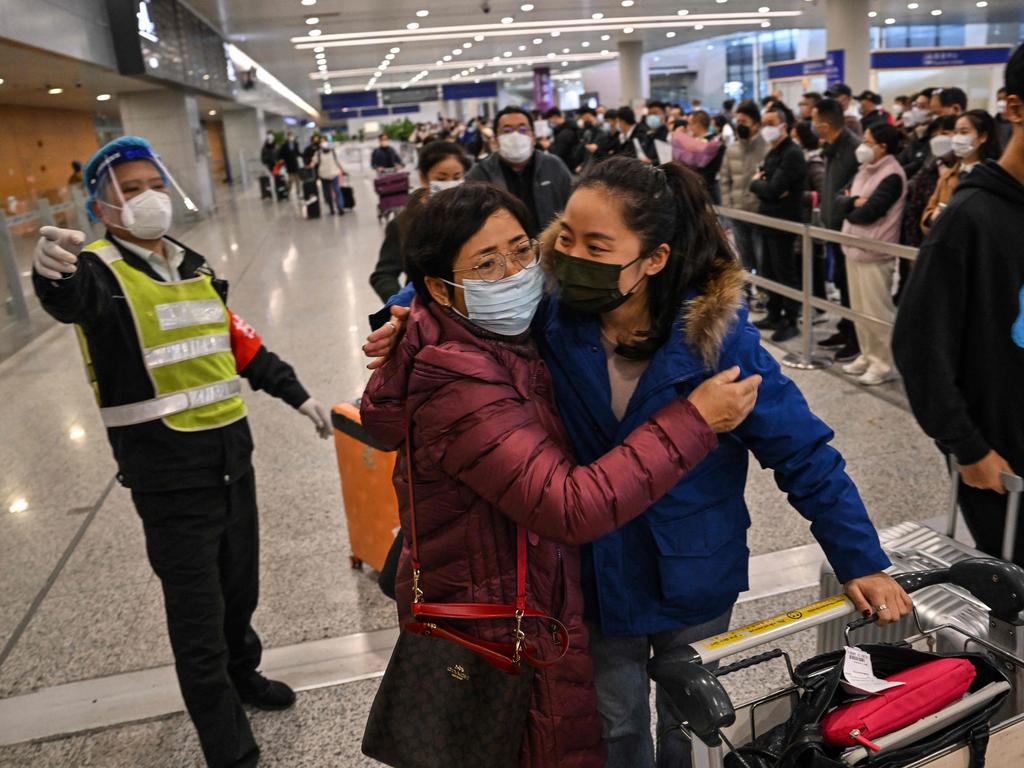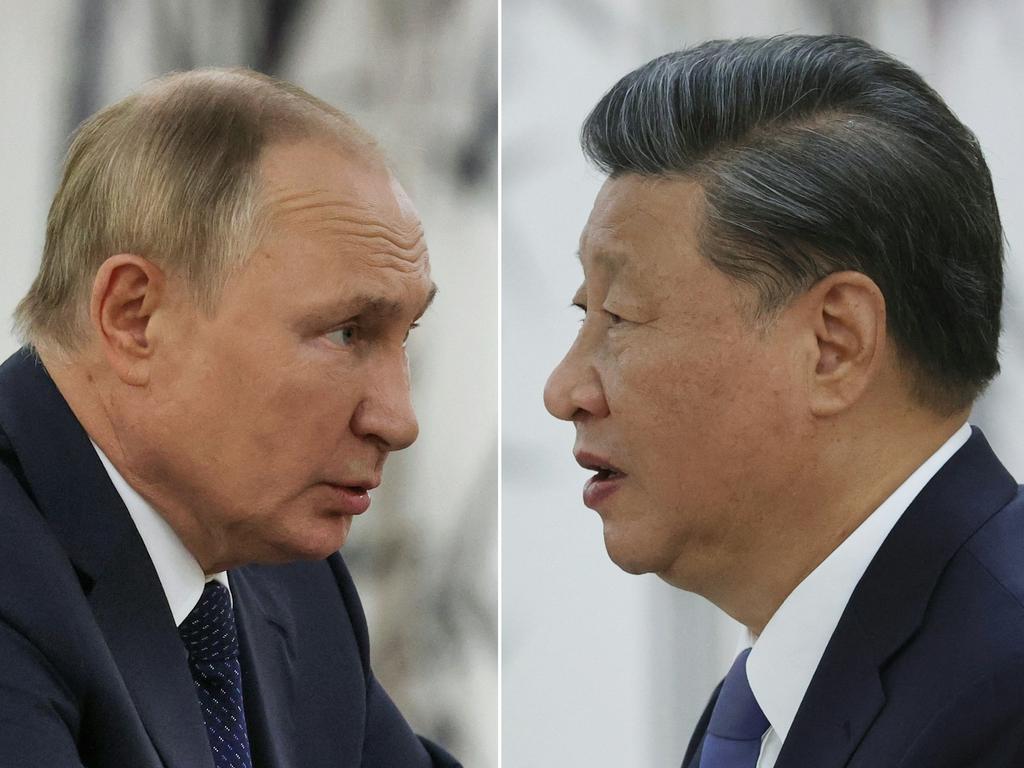Freewheeling Xi Jingping is becoming a greater threat
Xi Jinping’s recent erratic behaviour may appear to show he’s lost control. He hasn’t; the real danger of his constant zig-zags is that they mean he feels free to do what he wants. And that’s the worry.

China’s lunar new year kicks off this weekend. It’s the year of the rabbit, which usually is read as an omen for longevity, peace and prosperity. So far, though, the only rabbit-like scurrying is being exhibited by Xi Jinping, who, having established himself last autumn as China’s Forever Leader, the strongman for troubled times, has ducked out of view, mad-hattering policy U-turns in the warrens of the Communist Party. His antics are baffling the Chinese, sending the censors into a tizzy and raising almost certainly misplaced hopes in the West that a grand geopolitical accommodation can be reached this year with Xi.
Remember “zero Covid”, the industrial-scale lockdown of giant commercial hubs such as Shanghai? That has been declared a thing of the past. With minimal warning, lockdowns, mass testing and domestic travel curbs have been scrapped. Result: the virus has surged back in the cities, with 70 per cent of Shanghai and 80 per cent of Beijing estimated to have been infected by mid-January. Routine painkillers are being rationed, wards are spilling over and the World Health Organisation (never usually critical of Beijing) has demanded the sharing of genetic sequencing of the virus from recent cases. Most reliable information on deaths is coming from intelligence agencies – satellite images of crematorium activity, police reports of arrested funeral scalpers paid by families to jump the queues. Official Covid death stats are being issued only monthly. The latest suggests 60,000 dead but the Chinese definition of a Covid death is extremely narrow. Western modelling of the total death toll at the end of this wave hovers at around one million.

The lunar new year will add to it. Many millions of migrant workers will return to their villages over the coming weeks, an annual cross-generational family reunion. For the past two years the holiday exodus was top of an extraordinary list of illegal activities, including playing mahjong. Now people are desperate to visit their elderly relatives who have for the most part been caring for their grandchildren in return for a slice of factory wages from the cities. Village medicine is often primitive and haphazard, while older people are suspicious of vaccination. The effect of these spring festivities is likely to be a second surge of the virus in March.

Why, then, did Xi reverse his strict lockdown policy? After all, China is heading into a difficult year. Its population is falling dramatically, down 850,000 in 2022 to 1.41 billion. That’s a decade earlier than predicted by the United Nations. Down the road that will mean cuts in the pension system, labour shortages and rising prices. Growth is stumbling – inevitably, given the draconian factory lockdowns.
Some western analysts say Xi is terrified of popular discontent, an emerging protest generation perhaps. The Chinese compact entails the surrender of personal liberties in return for a clear path towards prosperity. Take away the prospect of self-improvement, secure middle-class values, outward-looking education and social mobility and the legitimacy of unchallenged communist rule looks shaky.
Seen through this prism, Xi’s U-turns would seem to be an act of political survival. There is a pattern of sorts. He has lifted limits on property developers and is easing somewhat on big-tech regulation: he is, say some, changing his spots to save his skin. It’s not my view, though, that he is driven by fear of a Tiananmen Square-like eruption. Nor has he had a Damascene conversion from neo-Maoism. He remains at heart a national socialist, the leader of the most intensely self-surveilled state in the world, and has come to the conclusion that his people feel squeezed not so much by disease as by a sense of injustice. Covid was felt more deeply by the poor than by the rich because a bureaucratic dictatorship can bully the poor into submission.

His diagnosis of the Hong Kong uprising of 2019 was that it was less about liberty from Beijing, more a revolt against the power of property oligopolies, the huge disparity between the city’s super-rich and the deprived urban underclass. The answer for Xi was to impose more central socialist control and banish any critical discussion that distracted from his Marxist narrative.
This is the hallmark of an adaptive dictator – altering policy, often using information about his subjects, for his own ends. If that means performing a flip-flop on social or health policy, he will go ahead and do it. He will sacrifice any doctrinal principle he needs to in order to raise growth rates.
Strong leaders with a tame press need not fear charges of hypocrisy. And he knows that most Chinese will accept high Covid fatality rates if the country as a whole gets richer. More importantly, he correctly assumes that the rest of the world is desperate for the Chinese economy to return to robust growth. It’s what makes the globe go round.
Understanding how Xi ticks has never been more important. He has built up a huge army and navy as a form of geopolitical leverage. Some analysts might look at what seems like his erratic behaviour of recent weeks and conclude he has lost his way – that if confronted with a crisis in the South China Sea he would do a cost-benefit analysis, blink and decide war with a US-led force was too big a risk. But the real lesson from his zig-zags is that he feels free to do what he wants. He no longer feels bound by any faction. Xi is the freest man in the world’s most unfree society. That’s something to be worried about.
The Times







To join the conversation, please log in. Don't have an account? Register
Join the conversation, you are commenting as Logout